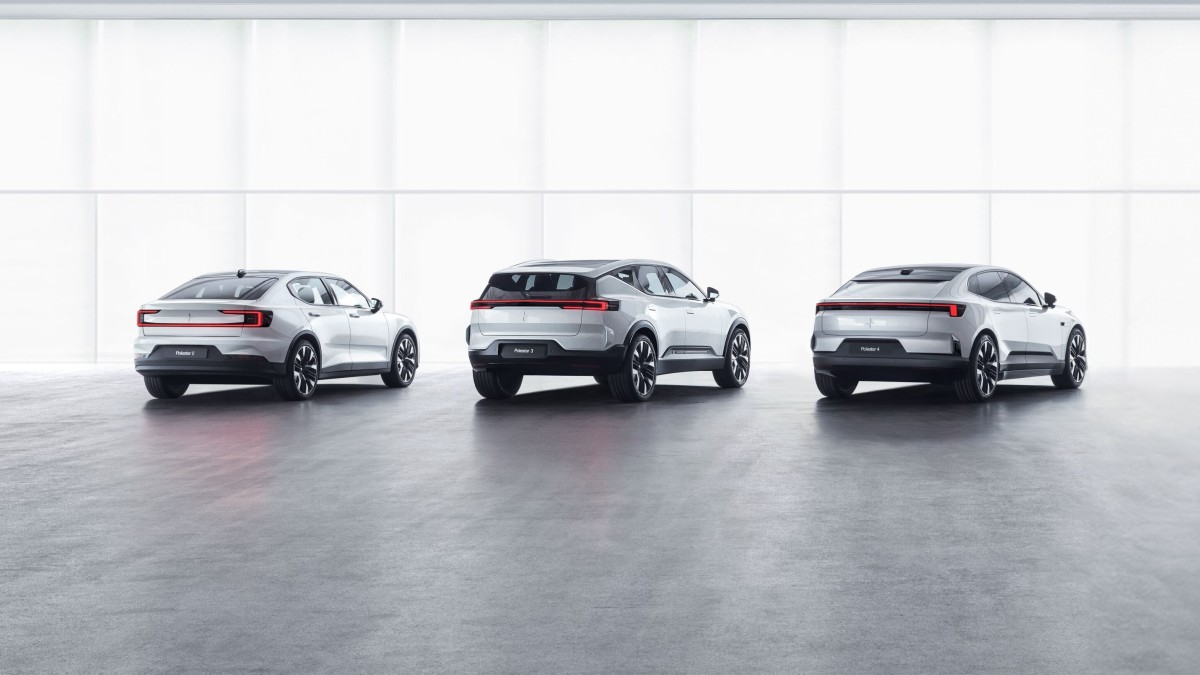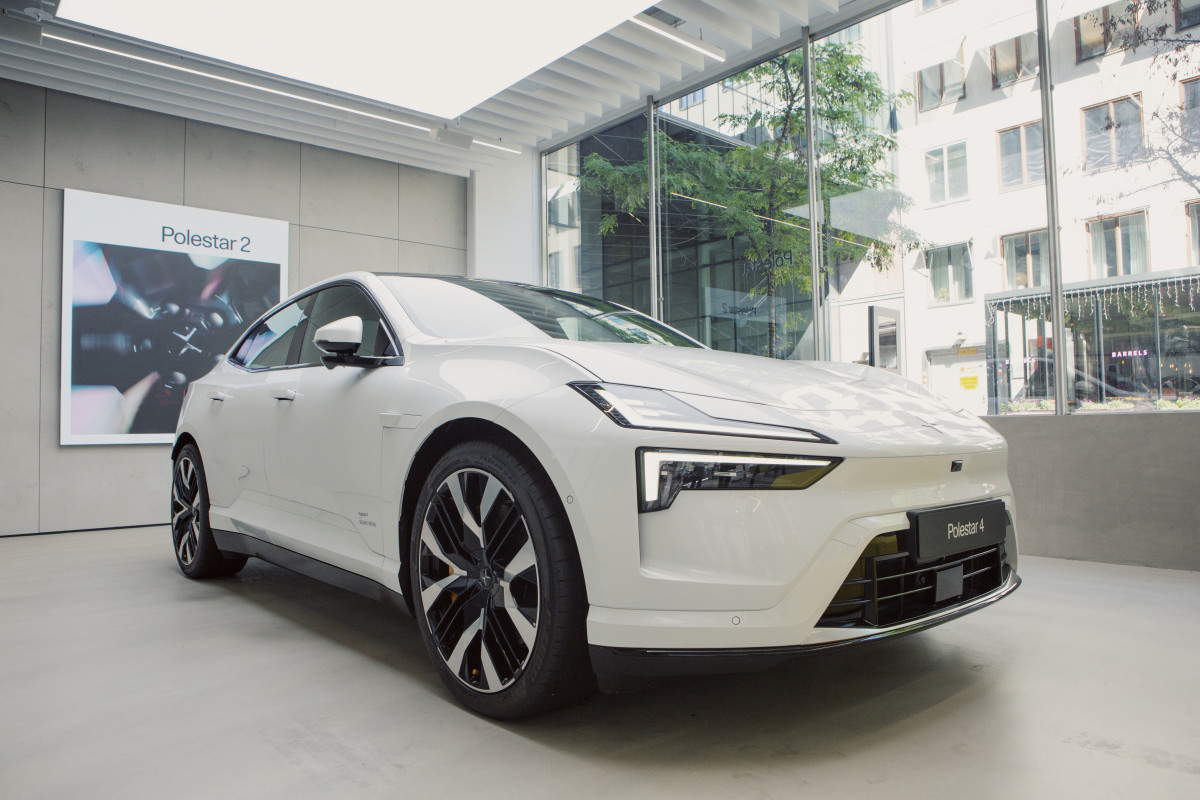
The new buzzword for automotive mobility is autonomy.
The ability to take your hands off the wheel and let the car take over is a piece of technology that has been heavily touted by manufacturers such as Ford (F) with BlueCruise, General Motors (GM) with its Super Cruise, and Tesla (TSLA) with its Autopilot and Full-Self Driving capabilities.
The NHTSA launched a probe into Ford's BlueCruise technology on April 29, as it was determined to be a factor in fatal crashes in San Antonio and in Philadelphia, where Mustang Mach-E crossovers driving at night on major interstates collided with stationary vehicles.
Related: Auto industry push to plug-in hybrids has surprising outcome
Additionally, Tesla is being investigated by U.S. prosecutors to determine whether Tesla committed securities or wire fraud by misleading its customers and investors about the actual capabilities of its Autopilot feature.
While this kind of tech is touted to be revolutionary, automakers are getting into trouble over its shortcomings. Though other brands have stepped into the ring, one Tesla rival EV brand is making sure its own self-driving keeps the roads safer.

Upholding a reputation for safety
In a recent interview with Jalopnik, the CEO of Geely-owned (GELYF) EV automaker Polestar said that the brand is working on its own version of autonomous technology.
However, unlike its American rival Tesla, the Swedish automaker is taking its time with the new technology. Polestar CEO Thomas Ingenlath noted that rushing such tech to market can damage not only Polestar's reputation but also the brand it is closely associated with: Volvo.
“You would do it in the Volvo way,” Ingenlath said. “You would not push it out when you are not 100 percent sure that it is actually safety-enhancing. Others are pushing it out first and taking a certain edge, but of course, that is something we would not do.”
Related: Analyst kicks off coverage of Uber amid autonomous vehicle risk
Among the wide field of automakers, Volvo's innovations throughout its storied history give it a storied reputation for auto safety. Volvo was the first to develop safety equipment that we take for granted every day, such as the three-point seat belt, the rear-facing child seat, the booster seat, and the side-impact protection system.
Polestar versus Tesla
Ingenlath's comments come as Tesla's Autopilot and Full-Self Drive software is being scrutinized more closely.
A new report recently released by the Wall Street Journal found that there were many foundational flaws and shortcomings associated with Autopilot and FSD. The outlet combed through details of more than 200 crashes involving Teslas equipped with Autopilot and FSD.
They attributed Tesla's flaws in its Autopilot and FSD software mainly to its overreliance on cameras and machine learning software.
When Autopilot or FSD is engaged, the cameras positioned across the front, rear, and sides of Teslas scan the areas around cars. Tesla's data experts train the cameras to spot objects like road signs, stopped cars, trucks, or animals. However, there are major gaps in what the software behind the cameras doesn't know.
“The kind of things that tend to go wrong with these systems are things like it was not trained on the pictures of an over-turned double trailer - it just didn’t know what it was,” Phil Koopman, associate professor of electrical and computer engineering at Carnegie Mellon University, told the Journal.
“A person would have clearly said ‘something big is in the middle of the road,’ but the way machine learning works is it trains on a bunch of examples. If it encounters something it doesn’t have a bunch of examples for, it may have no idea what’s going on.”
More Business of EVs:
- Porsche and Mercedes diverge at EV crossroads
- A Fisker-type problem is affecting an automaker known for quality
- Police officer pulls over Waymo robotaxi, is greeted by no driver or passengers
A solution too expensive for Elon Musk
Other autonomous driving systems, such as those used by Waymo, use LiDAR and radar sensors to scan the road ahead and let the car know that something is in front of it. These additional sensors can spot objects and other hazards in dark, foggy, rainy, or any conditions that would drastically reduce a camera's vision.
Tesla CEO Elon Musk has repeatedly said that this type of technology is "unnecessary" and that installing LiDAR on its cars would be like fitting it with a "whole bunch of expensive appendices."
Volvo has included LiDAR technology in its new EX90, and Polestar announced that it is introducing Luminar (LAZR) LiDAR systems to help assist Mobileye Chauffer systems in upcoming vehicles.
Polestar believes that this new, effective tech will allow it to provide its customers with something that is not only safe but truly luxurious.
“To be able to turn on that chauffeur on the highway when you are really tired is a very simple question of luxury and premium,” said Ingenlath.
“If you are a very sporty person then you don’t run around all day, you have time when you relax and where you take it easy. It’s the same with driving a car, there is time when you really enjoy it and feel it’s fun and you are mentally in that state. But at the same time, in that stop-and-go traffic, I am happy to put on my autopilot.”
Related: Veteran fund manager picks favorite stocks for 2024







